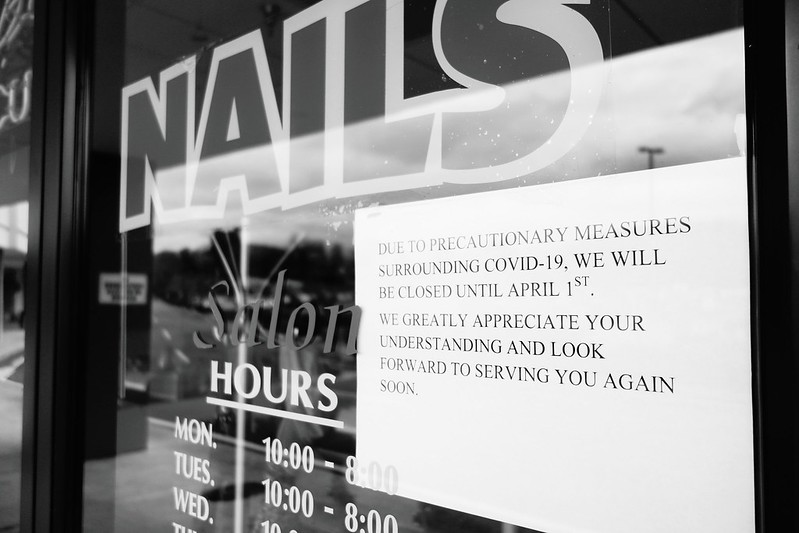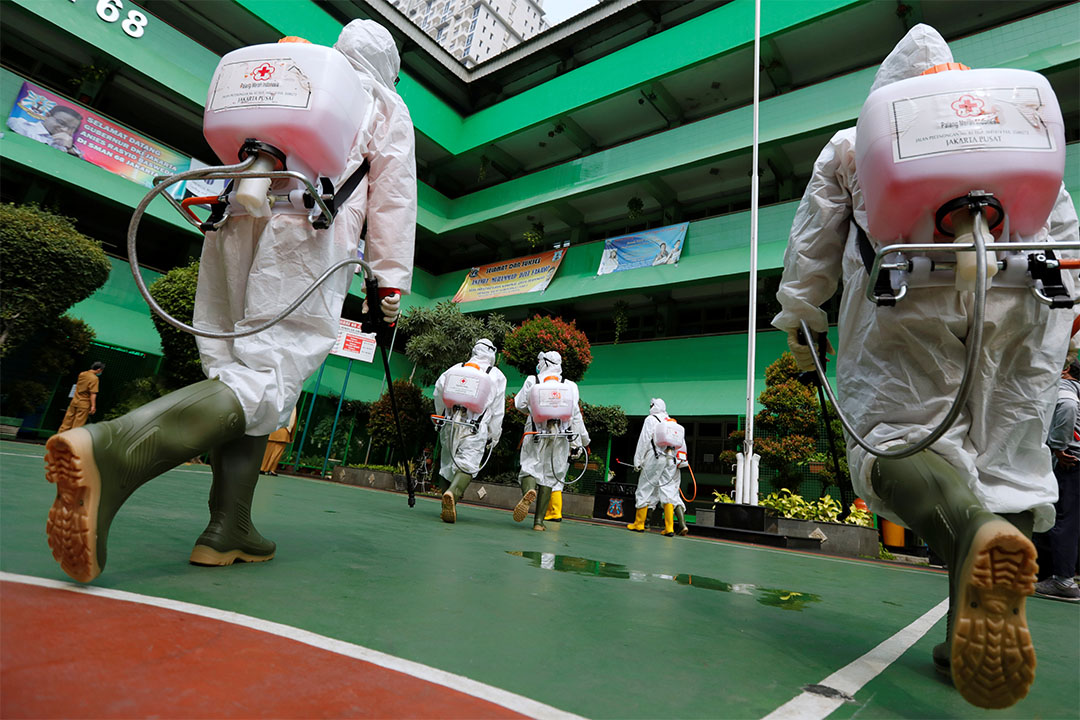
If pandemic lockdowns have people feeling a bit like lab rats stuck in cages, in some ways that’s exactly what they are.
As the coronavirus touches on virtually every part of life around the globe, social scientists are rushing to suck up real-time data on how people are responding to the unfolding pandemic. Economists are gathering data about supply chains. Political scientists are scrutinizing how government responses track with ideology. Psychologists are monitoring children in after-school programs. Behavioral scientists are surveying thousands of people to see how they respond to information in a crisis.
James Heckman, a Nobel Prize–winning economist at the University of Chicago, suggests researchers need to take to heart former Chicago Mayor Rahm Emanuel’s adage: Never let a crisis go to waste. “Here, scientifically, I think we need to operate on that credo,” Heckman says. “We’re getting new information. It’s very valuable information.”
For some researchers, the pandemic has created an unexpected opportunity to run “natural experiments.” Unlike physicists or biologists, social scientists are frequently constrained from using controlled experiments to test hypotheses. No university, for instance, would approve an experiment that involved firing one group of workers and seeing how they fare compared with their still-employed colleagues. But interventions such as natural disasters—or a pandemic—can help create such experiments, if a researcher is ready to take advantage.
For example, some social scientists are retooling existing studies, hoping to capitalize on the data they already collected to see how the virus is changing things. Dillon Browne, a child psychologist at the University of Waterloo, was studying the emotional well-being of kids in after-school programs in Toronto. Then, disaster struck. Twice. First, teachers started to go on strike, periodically shuttering the programs. Then, the pandemic closed them for good.
The upheaval seemed like a disaster for the research, Browne says. But now his team has turned it into a study of how these dramatic changes impacted 235 kids. “It’s been rolling with the punches and the punches keep flying,” he says.
Charissa Cheah, a psychologist at the University of Maryland, Baltimore County, is recalibrating her research on how Chinese and Korean American children in the state cope with discrimination. With money from the National Science Foundation, which is working to quickly fund coronavirus-related research, she’s surveying several hundred families she has studied over the past 5 years. She’s also expanding to families elsewhere in the country. She’s hoping to learn how parents and children are responding to anti-Asian discrimination that has surged with the virus, and what broader lessons it might hold about these dynamics. “I did see [the pandemic] creating, I wouldn’t say opportunity, but a unique context in order to understand how some of these processes work,” she says.
Economists are digging in as well. Matthew Kahn at Johns Hopkins University, Baltimore, has studied how industries cope with disasters. He and a collaborator are already gathering data to compare how companies are adjusting, depending on their supply chains and the different restrictions imposed by countries around the world.
He’s also rewriting the closing chapter to a new book about the economics of climate adaptation. Now, it’s going to talk about the coronavirus. “With any natural experiment, you’re studying the cause and effect. In real time, these companies are reoptimizing in the face of these shocks,” he says.
University of Chicago economist Lars Peter Hansen, another Nobel laureate, isn’t embarking on any immediate research. But he has long been interested in how decision-makers and markets deal with uncertainty. In a situation wracked with unknowns, he wants to examine how everyone from investors to government policymakers to health care managers respond. “How to integrate uncertainty into these kinds of decisions seems, to me, a first-order challenge and it's definitely something I want to work on,” he says.
But Hansen and several others caution that much of the emerging research might not fit the classic definition of a natural experiment, because the pandemic’s impacts are so widespread and messy. The best natural experiments usually look at similar groups of people where one group experiences a very specific change, says David Figlio, an economist at Northwestern University who has worked extensively in education policy. In contrast, virtually no one has avoided the reach of the pandemic, and it touches so many parts of life. “There have been dozens of very smart people now saying, ‘Wow, this is going to be such an incredible opportunity to study things. And I’m not so sanguine about that,” Figlio says.
Figlio notes that some researchers have suggested the mass shift to teaching classes online caused by the crisis could provide a natural experiment, testing how students perform with online education versus face-to-face classes. But he questions what the results will really show, when many teachers are being forced into online teaching with little preparation. “My hunch is people are going to stink it up this year,” he says.
Experts who study communication during disasters are also getting funding to launch studies. With help from a National Science Foundation grant, Ellen Peters at the University of Oregon, Eugene, has already surveyed 1300 people to see how their emotional state connects to what actions they take to protect themselves and who they considered reliable sources of information. Her team found that doctors and the Centers for Disease Control and Prevention ranked the highest among both conservatives and liberals, at 75% or higher.
In most disasters, such work would rely on people’s recollections after the worst has passed, Peters says. This time, “We’re actually trying to catch people as it’s happening.” The results could be of immediate use to policymakers, who have already asked Peters for advice. It could also shed light on long-term questions about how people interpret risk and decide what to do in a disaster. Peters plans five rounds of surveys, giving her a real-time window into how people’s emotions and actions are evolving in this globe-spanning experiment.








